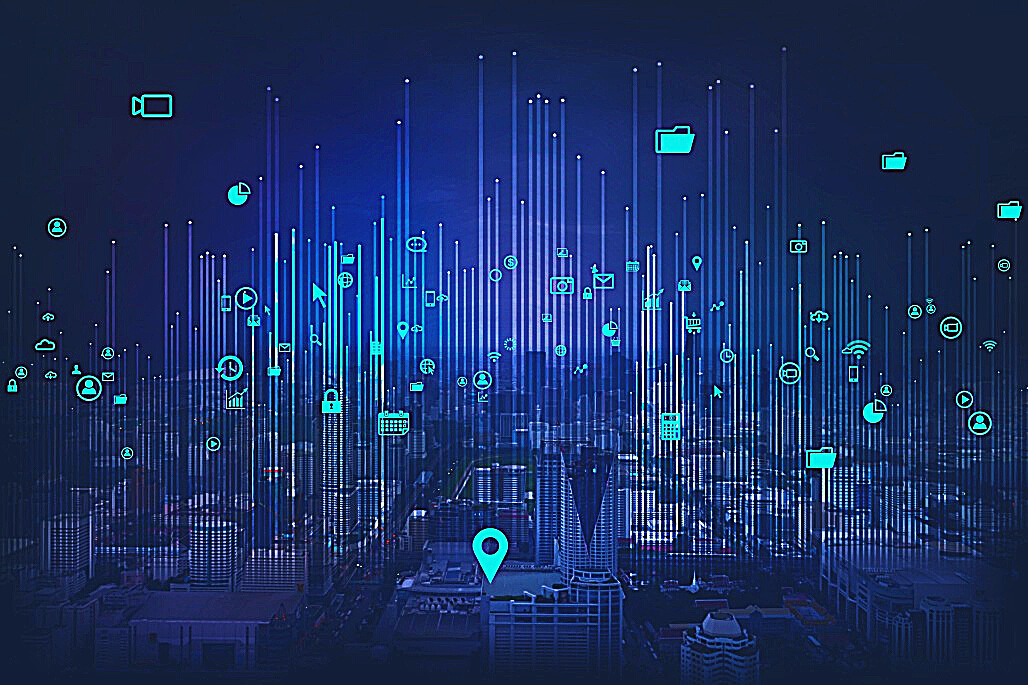Blockchain technology offers a way to democratize access by allowing patients and providers to transact directly, cutting out the middleman. The blockchain allows healthcare professionals to see all of their patient’s history in one place and share it with other providers easily, without worrying about getting hacked or losing their data. This ensures that patients have complete control over their medical records at all times.
For decades, the healthcare industry has been plagued with issues that make it difficult for people to get care when they need it. There’s a shortage of medical professionals in many areas, especially rural areas; there are enormous costs associated with treatment; and even if you have insurance, there may not be any doctors available who take your plan. In an industry where time can mean life or death, these factors can have devastating consequences for patients and families.
Blockchain technology can change all this by making it easier for patients to access their own records, as well as connect with providers who’ll be able to help them navigate what’s available in their area. As decentralized networks become more common, we can expect more people will have access to healthcare—and that’s something we should all celebrate!
What is blockchain technology and how could it potentially democratize healthcare?
Blockchain is an up-and-coming technology that aims to turn traditional business and financial processes into “trustless” systems.
Its core idea is to create a shared, encrypted ledger that records transactions between parties—is the same as a global ledger or a decentralized one? It doesn’t matter. The blockchain can be used in any industry where there are:
- A trusted network of participants (such as banks or insurance companies) who verify each other’s transactions and provide mutual services.
- Insurance or payment providers who verify each other’s claims, thus eliminating fraud.
- Protocols that allow communication between different parties on the blockchain (i.e., no need for intermediaries).
If you are looking for a technology that can change the world, then this is definitely one of them. It is already being used in some form in many industries and it represents a major shift away from centralized systems toward peer-to-peer networks.
How blockchain works: A brief explanation of how blockchain technology works and how it could be used in healthcare
Healthcare is a global problem. Making it more affordable and accessible is one of the biggest challenges facing the industry today.
The World Health Organization estimates that nearly 90% of the world’s population lacks access to quality healthcare, and that figure has only worsened since 2013. This can be attributed to several factors, including the rising cost of medicine, changing health care laws, unsanitary conditions in hospitals, and a lack of government regulation.
Healthcare technology has the potential to change this by enabling patients and providers to interact with each other directly via blockchain technology:
- Blockchain technologies are used for a variety of purposes, from storing digital data (such as money) and exchanging information among parties involved in transactions (such as stock purchases), to recording business transactions or accounting information (such as loans or investments).
- Blockchain transactions are thought to be more secure than traditional database systems because they are distributed across many computers simultaneously. The data generated by these computers is then encrypted using very advanced cryptographic techniques.
But what if we could use blockchain technology for healthcare? In this case, we would be able to make medical records available on any computer with internet access – not just in a hospital’s central medical records system but anywhere – making it possible for anyone without access to medical records to view them online.
In doing so they would be able to see all aspects of their past health history including medications taken, surgeries performed, laboratory tests ordered or performed, etc., all stored on one secure database server that can be accessed by all parties involved in patient care.
The benefits of using blockchain in healthcare: Why using blockchain in healthcare could be beneficial for patients and providers alike
Blockchain is being used in the healthcare industry to enable the real-time tracking of patient health records – a process which has the potential to save lives and ultimately improve quality of care. The potential benefits of this technology are enormous.
Blockchain technology offers tremendous opportunity for medical device makers, pharmaceutical companies, biotech companies, and many more entities whose products are used in healthcare.
Blockchain technology as a technology presents numerous benefits for patients and providers alike:
- it makes it easier for providers to share data with patients
- it enables digital health interoperability
- it allows patients to access data about their health history from all over the world
- it allows for secure data storage and access
- it facilitates digital payments
- it allows for secure value-transfer between devices, people, and organizations
- it provides a highly secure environment for storing untrusted information.
All of these things have tremendous potential impact on patient care given that blockchain technology will soon be in use in every hospital and clinic in the world.
The challenges of using blockchain in healthcare: Some of the potential challenges that need to be considered when implementing blockchain technology in healthcare
Blockchain technology is one of the hottest topics right now, especially in the healthcare field. This technology allows users to store and share medical records securely and efficiently.
Blockchain technology can be used in many ways, but perhaps the most common use is as a way to safely store and manage patient data through a decentralized cloud-based database.
What it boils down to is that blockchain enables users to store high volumes of various types of sensitive information on a distributed ledger — making it difficult for hackers, thieves or even governments to access or alter the data.
The healthcare industry has a lot to gain from blockchain technology, but it’s not without its potential challenges.
First, there’s the issue of scalability. Blockchain technology is still in its infancy and hasn’t been tested on a large scale yet. How will it hold up with millions of users?
Another challenge is that while blockchain tech was originally conceived as an immutable system, some people see this as an issue when it comes to record-keeping medical records. Some argue that medical records should be edited and updated as patients’ conditions change or move through different stages of their lives (e.g., childhood, adolescence, adulthood). If all medical records are stored on a blockchain platform, however, they may never be changed—which could pose problems if those records need to be updated later on.
A third challenge is security: how can we ensure that our personal data will be safe from hackers? Blockchain technology is supposed to be secure because it uses cryptography to encrypt information—but if a hacker gets into the system somehow
Blockchain technology is an exciting technology that has the potential to disrupt the way we think about healthcare.
I was inspired to write this article after my conversation with Chrissa McFarlane, CEO at Patientory In this episode, we talked about Blockchain Technology in Healthcare.
Watch Episode #75 of Digital Health & Wearables Series:
Contact us for more relevant details. To find out more about how we can help you with your Digital Healthcare Transformation, Healthcare organizational growth, or Healthcare brand positioning, please get in touch via phone +44 (0) 203 3620421 or via e-mail: info@digitalsalutem.com





